10 Impactful Books About Public Health
Public health. Before spring 2020, I’m not sure most people really understood what public health was. Epidemiology was something that didn’t come up in casual conversation that much. But once COVID-19 was in our daily lexicon, everyone seemed to be armchair epidemiologists, for better and/or worse. People would message me about epidemiology or communicable diseases, and I was honest with them: I’m not an epidemiologist. I didn’t focus on epidemiology, and communicable diseases was not an area I studied much. (My focus was maternal-child health, specifically perinatal health, as well as women’s and children’s cancers).
So, what is public health?
Public health is a huge field. This was one of the reasons I was drawn to it. There’s just so much covered in public health, because there are so many determinants of health — societal, political, economic, personal, and more. At its core, public health, as defined by the American Public Health Association, promotes and protects the health of people and communities. Public health can focus on global or domestic health, specific communities or populations, and different approaches (e.g. those who focus on health education versus those who work solely in biostatistics or policy). Disease outbreaks, gun violence, housing, injury and violence prevention, tobacco, environmental health, health reform and policy — all of this falls under the public health umbrella.
The pandemic illustrated why public health is so important and what happens when public health measures are needlessly politicized, when they aren’t implemented, or when they break down. We saw what happens when people don’t care about public health and their communities, and we saw the erosion of trust in public health institutions, which I hope can be rebuilt. We saw how necessary it is that people have some kind of scientific literacy, because the spread of misinformation when they don’t is devastating. And yet I also think the pandemic sparked interest in public health and communal care.
I’ve put together a list of books to explore different areas of the field, but there are so many that I could have added, and wanted to. This is by no means an exhaustive list. If you’re looking for even more books, check out this list of books on reproductive justice, and this list about healthcare bias.
Seeing Patients: A Surgeon’s Story of Race and Medical Bias by Augustus White III, MD and David Chanoff
Dr. White writes head-on about a major issue in medical reform: bias within healthcare and medical treatment. Racial bias, gender bias, ageism, and more, all affect your medical care. Through a variety of settings, White explores how unconscious bias impacts care, what this means for healthcare, and concrete steps that can be taken to address this.

Dopesick: Dealers, Doctors, and the Drug Company that Addicted America by Beth Macy
This nonfiction examination of America’s opioid crisis reads like a novel, but it’s all the more devastating because it’s true. Macy starts out searching for why one mother’s son died, and finds herself learning about doctors overprescribing painkillers without a second thought, people turning to opioids to numb themselves or selling them to make ends meet, and those who unwittingly find themselves unable to stop using because of the addictive quality of the drugs. She blends research and personal stories to create an unforgettable, unflinching look at this problem.
A Good Time to Be Born: How Science and Public Health Gave Children a Future by Perri Klass
There was a time when a significant number of infants and young children died from measles, diarrhea, scarlet fever, and more. Discoveries of sanitation and vaccines help to eradicate and curb many of the dangers to infants and children, and Klass combines research with her experience as a pediatrician to look at these issues. She pays special attention to women doctors, nurses, and public health professionals who helped make early death much less common, transforming parenthood and childhood.
Life on the Line: Young Doctors Come of Age in a Pandemic by Emma Goldberg
Late March 2020: many soon-to-graduate NYC medical students were waiting for Match Day, to see where they’d be assigned for residency. Instead, shortly after that, students were sent to the front lines to help with the pandemic that was crashing into the city. This book follows a diverse cast of six of these doctors. It’s a fascinating and devastating book to read, a year later.
Exhale: Hope, Healing, and a Life in Transplant by David Weill
People don’t often think of organ donation and transplants as a public health issue, but it is. This memoir is an inside look at Stanford’s transplant program: the medical side, the personal side, and the human, relational side. This is a book about not only the patients and families, but also about the doctors and the effect of their work on the rest of their lives. Weill’s decision to leave the program was not made lightly, and this book explains the factors that informed his decision.
Three Girls from Bronzeville: A Uniquely American Memoir of Race, Fate, and Sisterhood by Dawn Turner (September 7)
At first glance, this might not seem like a public health-related book. But racism is a public health issue, as are social determinants of health like education, employment, housing, and more. Health and well-being are made up of many things, including environmental and community factors. In this memoir, Turner writes about herself, her sister, and her best friend: one became an award-winning journalist, one is imprisoned, and another one is dead. How did three young women from the same area, in the same circle of friendship, have such different outcomes? This book is Turner’s exploration of that question.
Bodies and Barriers: Queer Activists on Health Edited by Adrian Shanker
The LGBTQ+ community consistently experiences healthcare disparities, and while the medical community may be aware of that, knowledge is still lacking about specific challenges, and how to change this. This collection of data-informed essays by queer activists illustrates pertinent healthcare topics and challenges in care, and provides readers with the information they need to demand health equity through a variety of systemic changes.
The Wisdom of Whores: Bureaucrats, Brothels, and the Business of AIDS by Elizabeth Pisani
Pisani is an epidemiologist who studies AIDS, and in this book, she details the fight to fund AIDS prevention and fighting for those who need this care the most: sex workers, drug injectors, johns, and the LGBTQIA+ community. But more than that, she shows how bureaucratic the business is, how ideology can overshadow science, and what money can buy when it comes to policy.
Children Under Fire: An American Crisis by John Woodrow Cox
This necessary book examines not only gun safety reforms and what is necessary, but also addresses plans and programs to deal with the trauma so many children have after neighborhood shootings and school shootings. What happens after the shootings is not something often discussed. Through countless stories, he illustrates the very personal part of gun safety reform while also calling on policy to enact change.
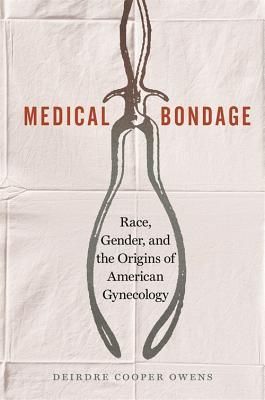
Medical Bondage: Race, Gender, and the Origins of American Gynecology by Deirdre Cooper Owens
The breakthroughs by early doctors and gynecologists are frequently taught and well-known — but what was not as well-known is that they primarily experimented on poor women, who did not have the power to refuse. They also typically worked on Black enslaved women because they thought these women could handle pain better. These beliefs were widespread, and set in motion false and dangerous beliefs for decades to come.

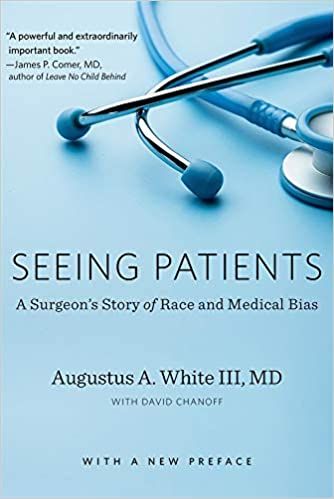

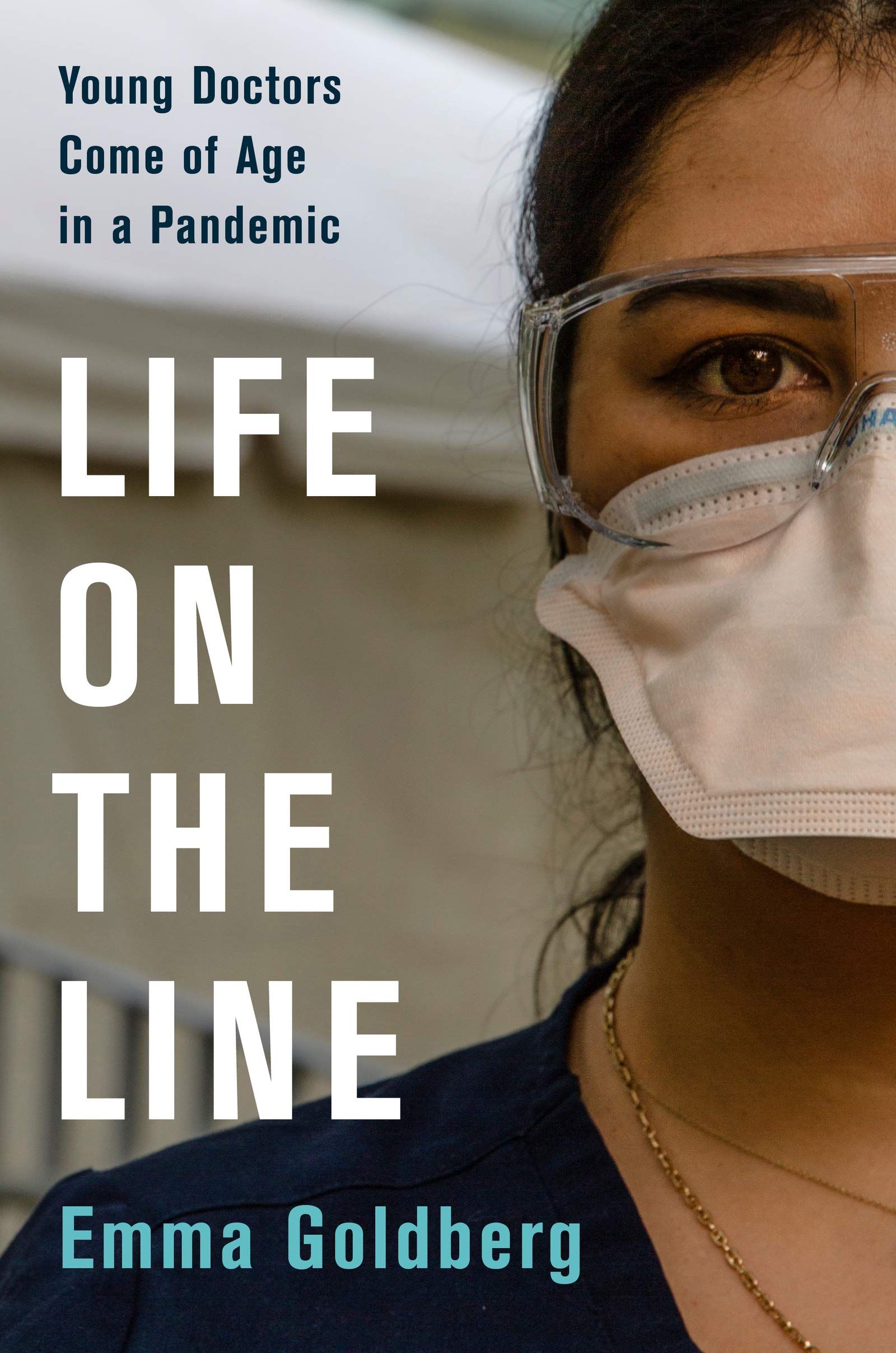
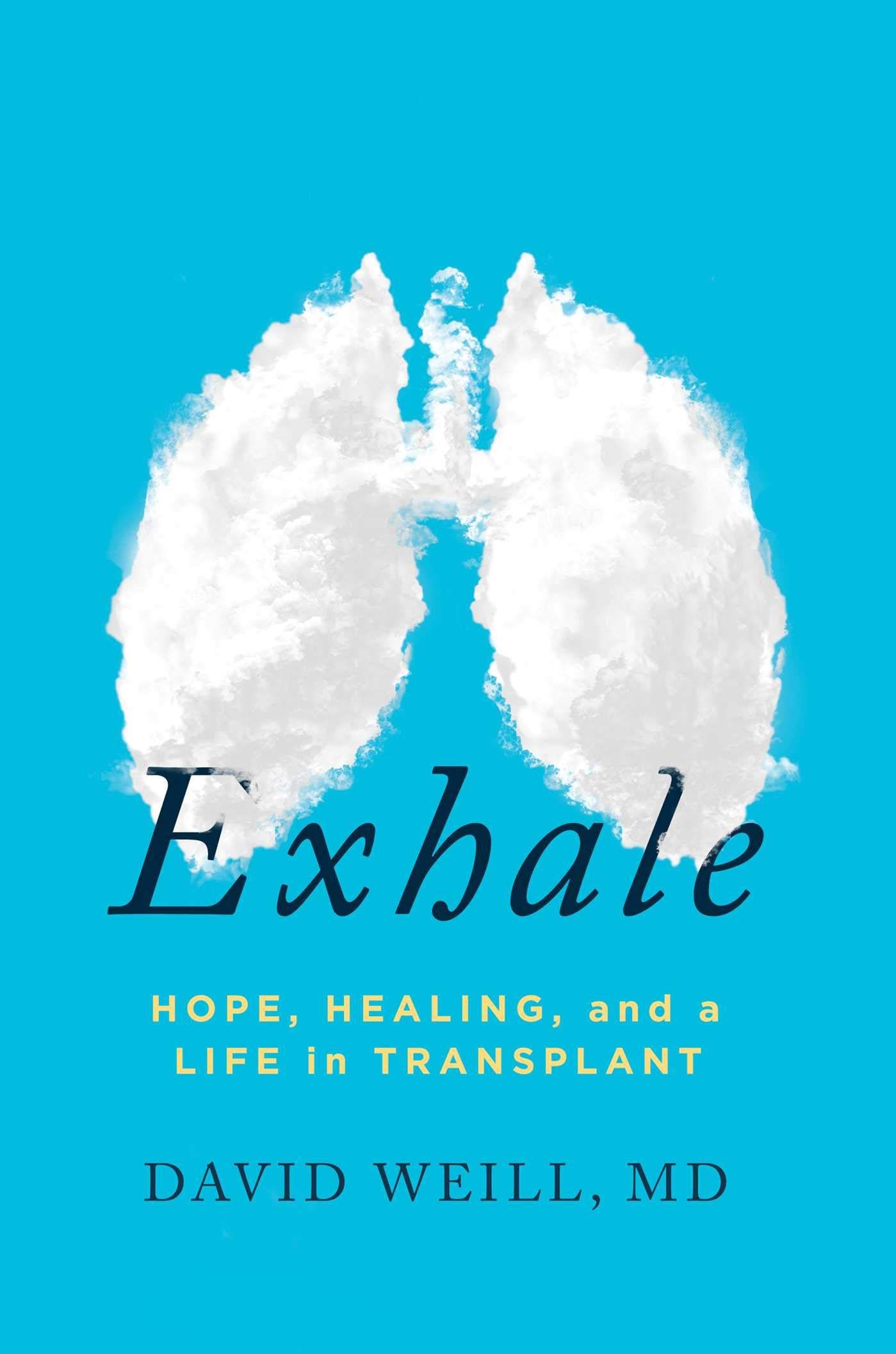
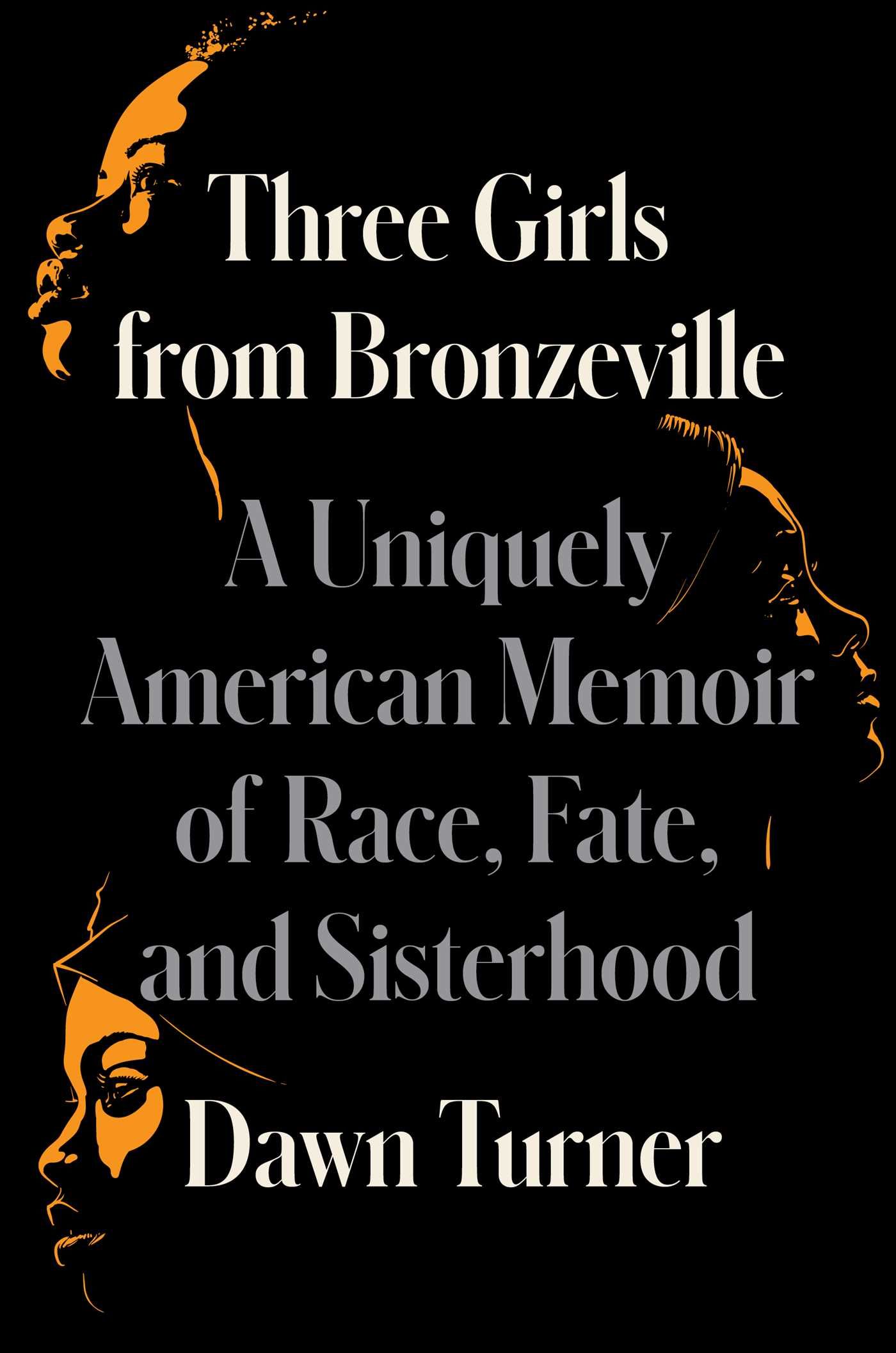
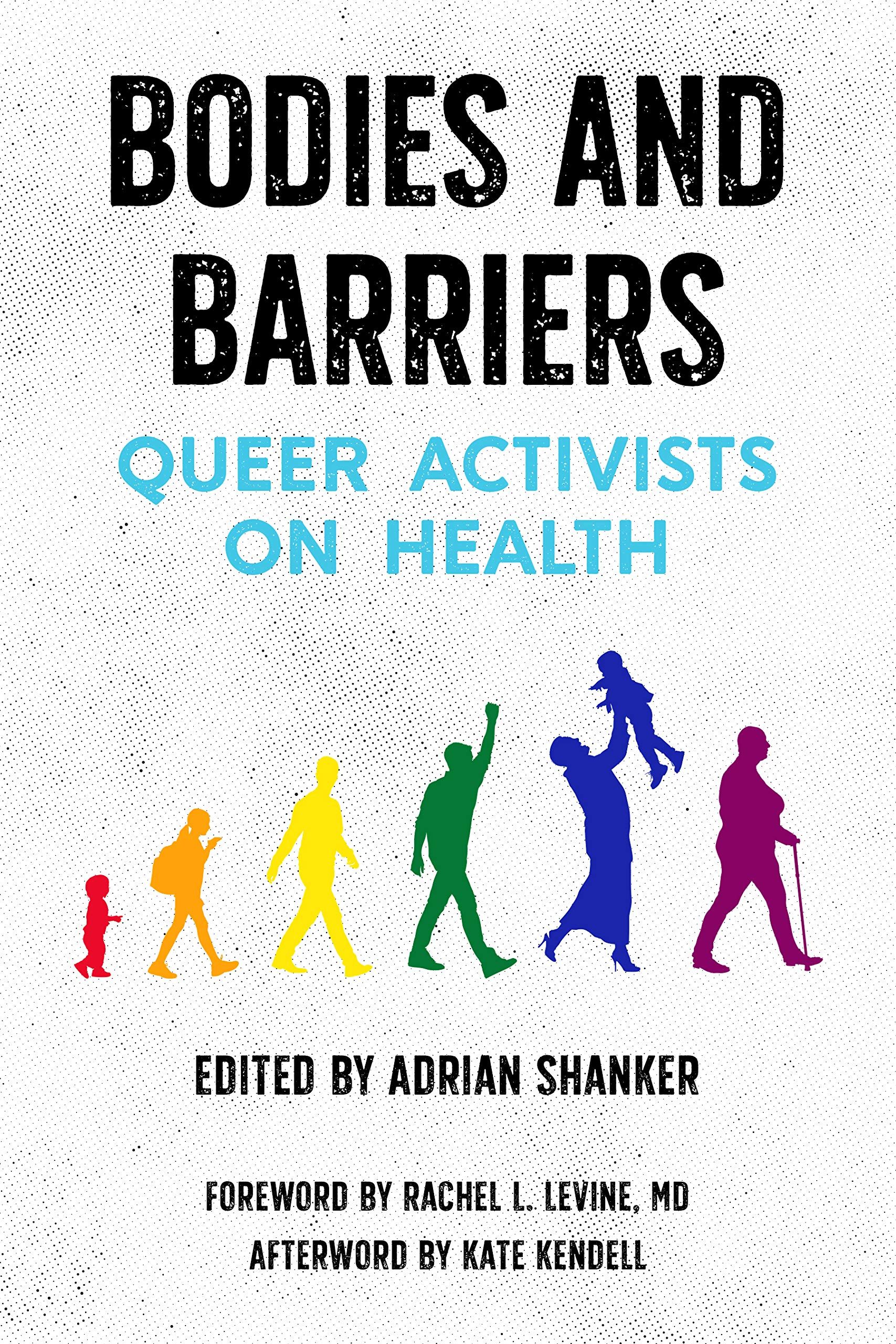


إرسال تعليق
0 تعليقات